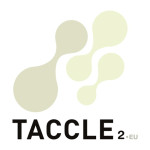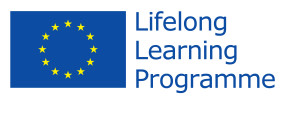Thomas Robert Malthus (1766-1834) has become widely known for his theories about population and its increase or decrease in response to various factors. In his work An Essay on the Principle of Population, he observed that sooner or later a population gets checked by famine and disease. Basically, as with all plagues, he believed that Full Article…
Escolar Meteorology
Gain Attention: With this activity you will be able to know about the meteorology in your city, several elements and instruments included in the meteorology and different ways to share this information with people. The main goal is: Measure every day and publish on the Internet the information about the meteorology in your city. In Full Article…
How much water does the ocean contain?
Let the students search on Google Maps to discover if the Earth contains more ocean than land. Explore the water cycle. Ask some questions like ‘Where do you think rain comes from?’, ‘Does it rain every where?’ After students have shared their ideas, they try to find some explanations. In Glogster they will make a Full Article…
Energy debate with talking photos
This lesson explores the different issues about the energy debate in the World. Students will take some pictures of recent initiatives being taken in their area about alternative energy. With the tool Photobabble they can upload their picture and in 60 seconds they can record their statement about the pro and contra of that initiative. Full Article…
Get animated
Another example using Dvolver, this time using an animation to set a task or ask a question, challenge your class to animate their responses.
Fly, fly away
Age: 10 to 12 Goal: Find out about the flyway of the lesser spotted eagle using Google Earth. Description: The pupils should learn about the different landscapes the eagle crosses on its way and categories them. In addition to that they should learn how to use computer technology to gather and process data. What you need: Full Article…






 English
English Nederlands
Nederlands Deutsch
Deutsch Italiano
Italiano Español
Español Português
Português Română
Română Cymraeg
Cymraeg